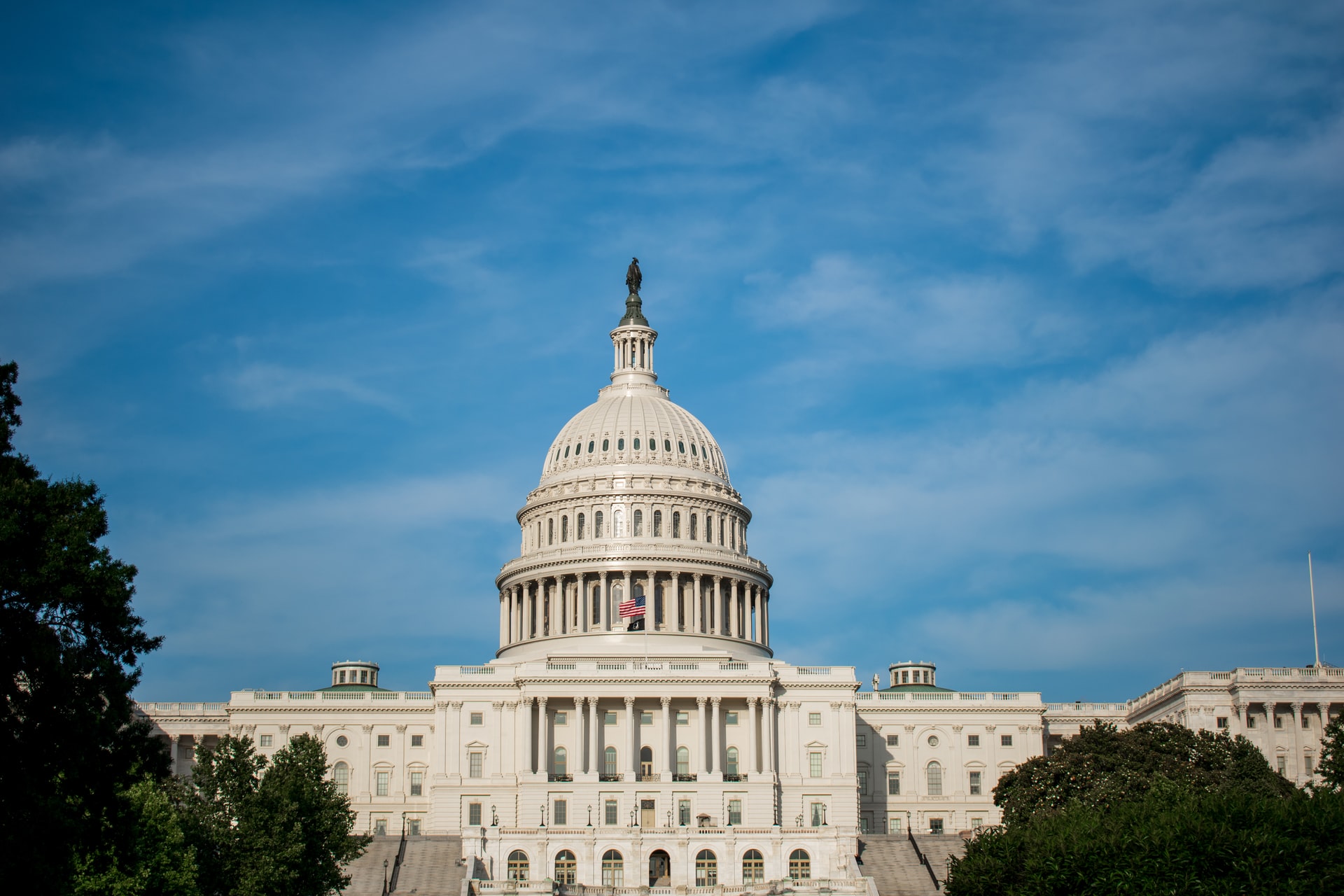California, New Jersey, and D.C. aren’t the only states in the QSBS news as of late— Arizona is making some headlines. For several weeks, Senator Kyrsten Sinema of Arizona and Senator Joe Manchin of West Virginia stood against the BBBA as it recently worked its way through the Senate. Also, there have been whispers that global leaders including Intel, Exact Sciences, and TSMC may be making new investments across the Grand Canyon State.
A Bright Future for the Tech Industry
While much of the U.S. economy and job market took a tank during the pandemic, Arizona reported rapid growth in the tech sector over the last year. According to the Phoenix Business Journal, the state ranked eighth in tech job growth on a national level. While many other states saw a net loss of tech jobs in 2020, Arizona added an estimated 2,500 jobs during this period with no signs of this massive growth slowing down. Arizona ranked fifth in projected tech job gain for the period between 2020 to 2030.
The tech and MedTech industry is also thriving in the national landscape. An estimated 2.5 million jobs have been created each year from startups since 1980. The Phoenix Business Journal also reported a growing population of thriving tech jobs and startups in other major U.S. cities, including Austin, Charlotte, Detroit, Orlando, and Raleigh. Some other states like California, Colorado, and Utah also ranked in the top 10 for state percentage of the population working in some branch of the tech industry. Arizona ranked 11th on this list, with a reported 8.2% of citizens working in the tech industry.
This national ranking of reported job growth and employment within the tech industry in Arizona and the surrounding states reflects regional wealth in the tech and MedTech startup marketplace. The reported increase of promising and thriving tech and MedTech startup jobs throughout the U.S. indicates steady but significant progress throughout the nation. Along with economic growth, many of these startups develop revolutionary health treatments and cutting-edge medical technologies which could aid in the national bounce back from the pandemic and health crisis of the last year.
With all this advancement occurring, why would U.S. lawmakers threaten this economic upturn with potential QSBS cuts in the proposed BBBA?
Economic Growth and Bipartisan Support of QSBS
QSBS tax exemptions could be decreased from a 100% to a 50% tax exemption on capital gains—applying to individuals with over $400,000 in Adjusted Gross Income—as the Build Back Better Act (BBBA) passed in the House in November of 2021. If passed as-is in the Senate, there is a potential for this significant cut in QSBS tax exemptions to take effect. However, the proposed legislation is currently at a standstill after Democratic Senator Joe Manchin blocked the legislation from being passed in the Senate earlier in December. There is bipartisan support in speaking out against the BBBA. There are also spokespeople from the Republican Party voicing concern over this potential legislation.
On December 8th, 2021, former Republican Vice President, Mike Pence, spoke at Heritage Action for America’s “Save Our Paychecks” event in Manchester, New Hampshire. Pence said,
“President Biden’s policies are threatening to send our nation back to the anemic economic growth that we were experiencing at the height of the pandemic.”
Not only was the former VP concerned over an immediate slowing of the economy but also more far-reaching negative effects. He continued by saying,
“Don’t just take my word for it. The National Association of Manufacturers estimated that Biden’s tax hike could destroy as many as 1 million American jobs. So, it’s about jobs. It’s about our families. It’s about taxes and spending, really about our future.”
There is also the concern of a potential exodus of investors in the U.S. startup ecosystem for the rising investment opportunities in China. Pence also addressed this concern by stating,
“President Biden’s plan literally puts China first and America last. China stands to gain thousands of jobs as employers flee the crushing tax burden by this plan.”
National Build Back Relies on a Health Startup Ecosystem
The potential for national recession recovery and future economic growth rests in the health and maintenance of the startup ecosystem. QSBS is the life force of early-stage venture capital investments and is vital to the companies that come from those investments. Innovation and growth inside our economy does not happen in isolation, but rather they are the product of an environment that rewards and encourages healthy risk-taking. These high-growth startups in the tech and MedTech industry create new markets, boost economic opportunities, and advance medical and technological innovation.
The design and legislation of QSBS tax exemptions were to jumpstart this national economic growth. However, these new changes looming in proposed legislation could lead to fewer investments in the startup ecosystem. Legislative and financial support of a flourishing startup marketplace is necessary to drive the economy of tomorrow forward.
Join our coalition, as we voice our collective support of a healthy national startup ecosystem.
This article does not constitute legal or tax advice. Please consult with your legal or tax advisor with respect to your particular circumstance.

